Reducing plastic use in our daily lives is more important than ever. With the increasing impact of plastic pollution on our environment, making small changes can lead to significant results. From the choices we make at the grocery store to the products we use at home, there are numerous ways to cut down on plastic. Here are some practical tips to help you reduce your plastic footprint and make a positive difference.
Contents
- 1 Use Reusable Bags
- 2 Opt for Refillable Water Bottles
- 3 Choose Glass or Metal Containers
- 4 Buy in Bulk
- 5 Avoid Single-Use Plastics
- 6 Shop Local and Fresh
- 7 Use Bar Soap and Shampoo
- 8 Recycle Properly
- 9 Use Cloth Napkins and Towels
- 10 Support Plastic-Free Initiatives
- 11 More From RetailShout
- 12 5 Trader Joe’s Treats to Buy and 5 to Avoid
- 13 15 Iconic ’80s Snacks You’ll Love Rediscovering
Use Reusable Bags
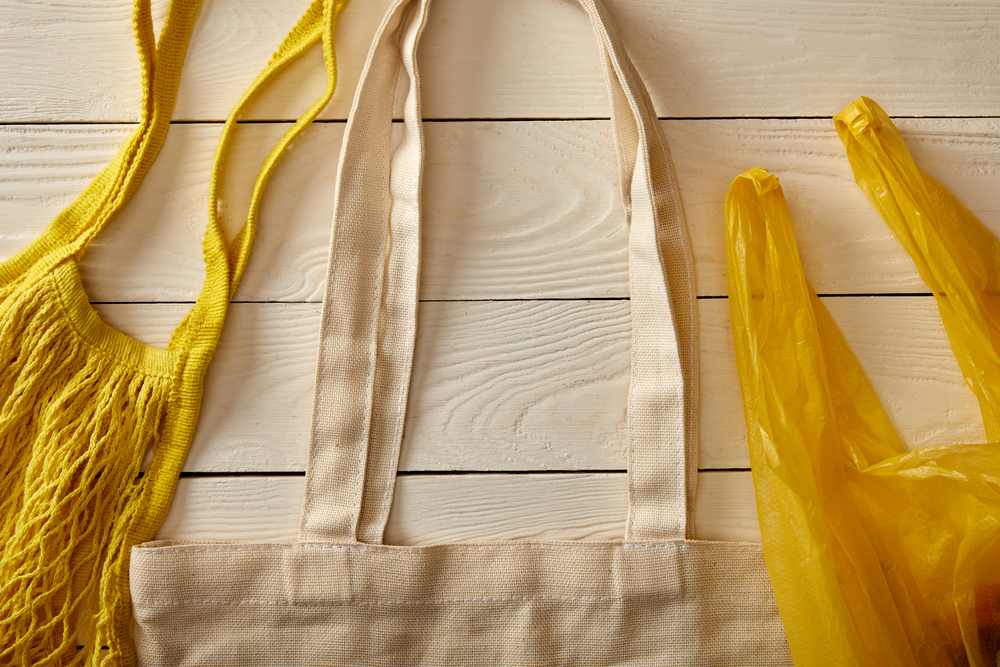
Switching to reusable bags is one of the easiest ways to reduce plastic use. Instead of relying on single-use plastic bags, keep a few cloth or mesh bags in your car or by the front door. They are sturdier and can be used for years, saving countless plastic bags from ending up in landfills. Plus, many stores offer discounts for customers who bring their own bags.
Opt for Refillable Water Bottles

Investing in a high-quality reusable water bottle can significantly cut down on plastic waste. Single-use plastic bottles are a major contributor to pollution, and refillable bottles are a great alternative. Stainless steel or BPA-free plastic bottles are durable and keep your water cold. Fill up at home or use refill stations found in many public places to stay hydrated on the go.
Choose Glass or Metal Containers
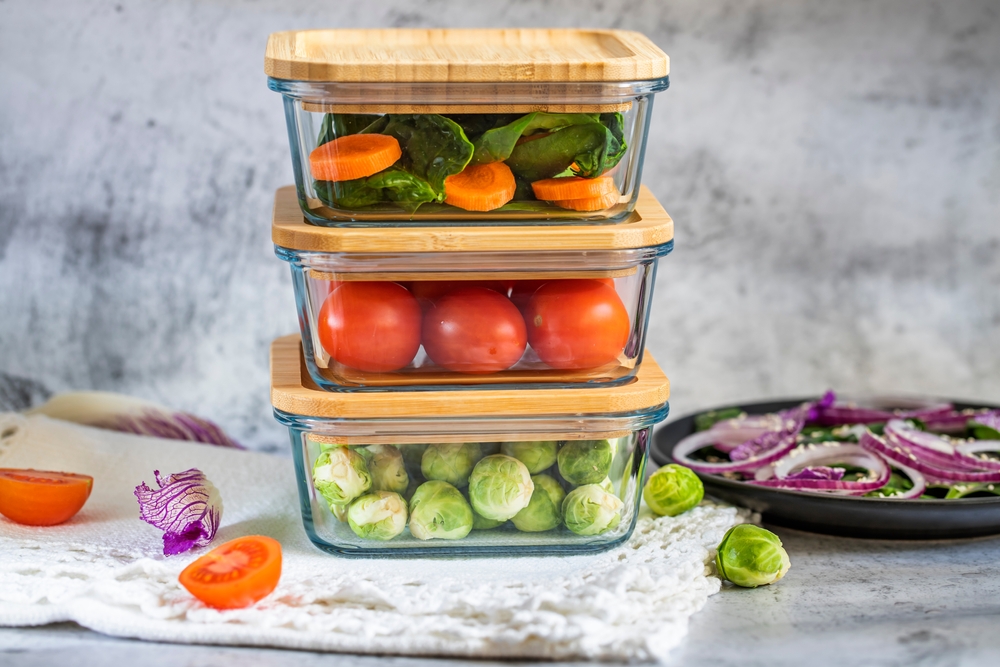
Opt for glass or metal containers instead of plastic when storing food. These materials are more sustainable and don’t leach harmful chemicals into your food. Glass containers are perfect for leftovers, while metal lunchboxes are great for on-the-go meals. They are also microwave and dishwasher-safe, making them convenient and eco-friendly.
Buy in Bulk
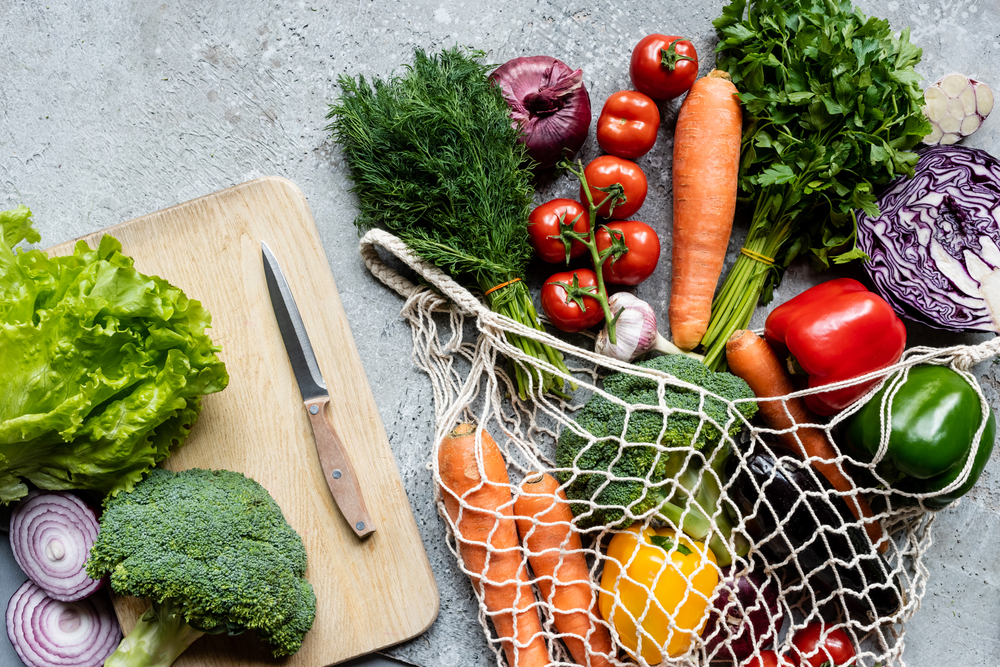
Purchasing items in bulk can drastically reduce the amount of plastic packaging you bring home. Bring your containers or bags to bulk food stores to stock up on grains, nuts, and other staples. This not only minimizes plastic waste but often saves money as well. Many bulk stores even offer discounts for bringing your containers.
Avoid Single-Use Plastics
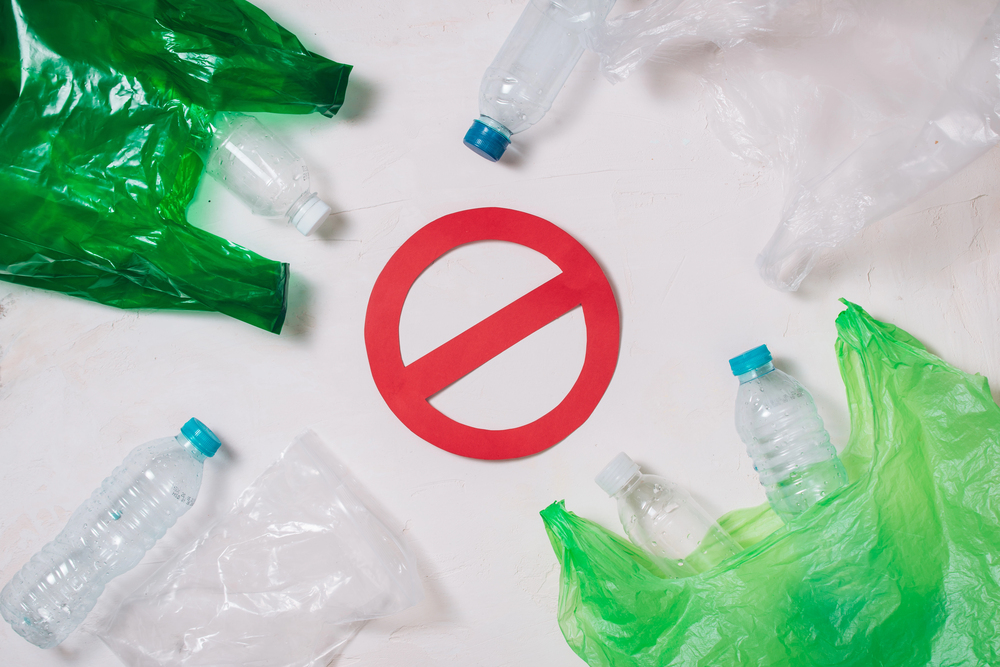
Single-use plastics, such as straws, cutlery, and plates, contribute heavily to plastic pollution. Choose reusable alternatives made from stainless steel, bamboo, or silicone. Keep a set of reusable cutlery in your bag or car so you’re always prepared. Over time, this simple switch can significantly reduce your plastic footprint.
Shop Local and Fresh
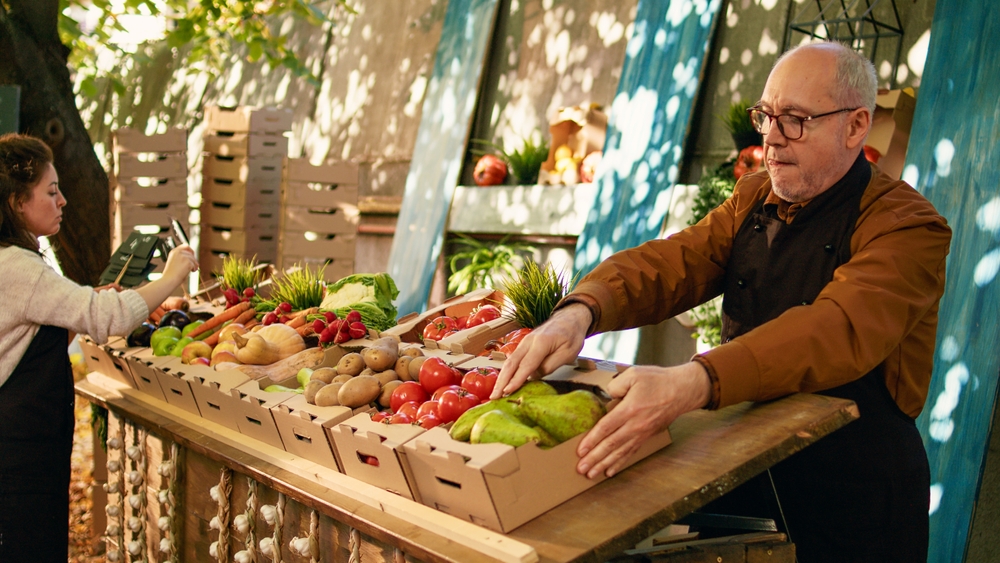
Buying fresh produce from local markets often means less packaging. Farmers’ markets and local grocery stores typically use less plastic than supermarket chains. Bring your bags and containers to carry your fresh fruits and vegetables. Supporting local farmers also reduces the carbon footprint associated with transporting goods.
Use Bar Soap and Shampoo

Liquid soaps and shampoos often come in plastic bottles, but bar versions are an excellent alternative. Bar soaps and shampoos usually have minimal or no packaging and last longer. They are also available in various natural ingredients, making them better for your skin and the environment. Look for brands that use compostable packaging to further reduce waste.
Recycle Properly
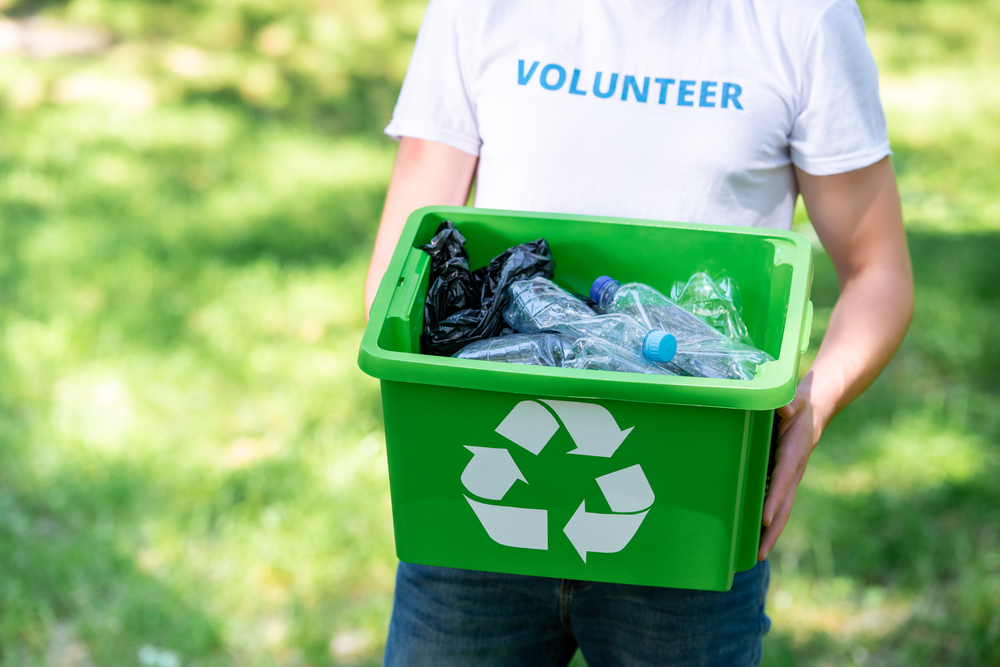
Proper recycling is crucial in reducing plastic waste. Familiarize yourself with your local recycling guidelines to ensure you’re disposing of items correctly. Clean and sort plastics before placing them in the recycling bin. Remember, not all plastics are recyclable, so it’s essential to reduce and reuse before recycling.
Use Cloth Napkins and Towels

Replace disposable paper napkins and towels with cloth versions. Cloth napkins can be washed and reused countless times, cutting down on waste. They add a touch of elegance to your meals and are more absorbent and durable than paper. Similarly, use cloth towels for cleaning instead of paper towels to reduce your household waste.
Support Plastic-Free Initiatives
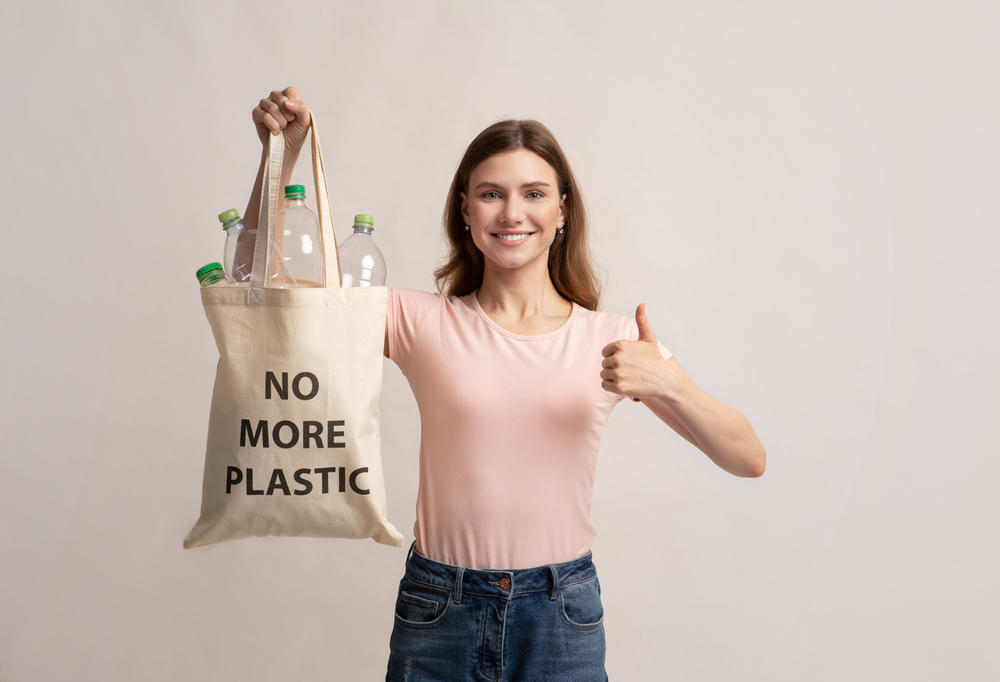
Many companies and organizations are working towards reducing plastic use. Support businesses that offer plastic-free packaging and products. Participate in local clean-up events to help reduce plastic pollution in your community. By supporting and spreading awareness about plastic-free initiatives, you can contribute to a larger movement for change.
This article originally appeared on RetailShout.
More From RetailShout
15 Under-the-Radar Leafy Greens with Surprising Health Benefit
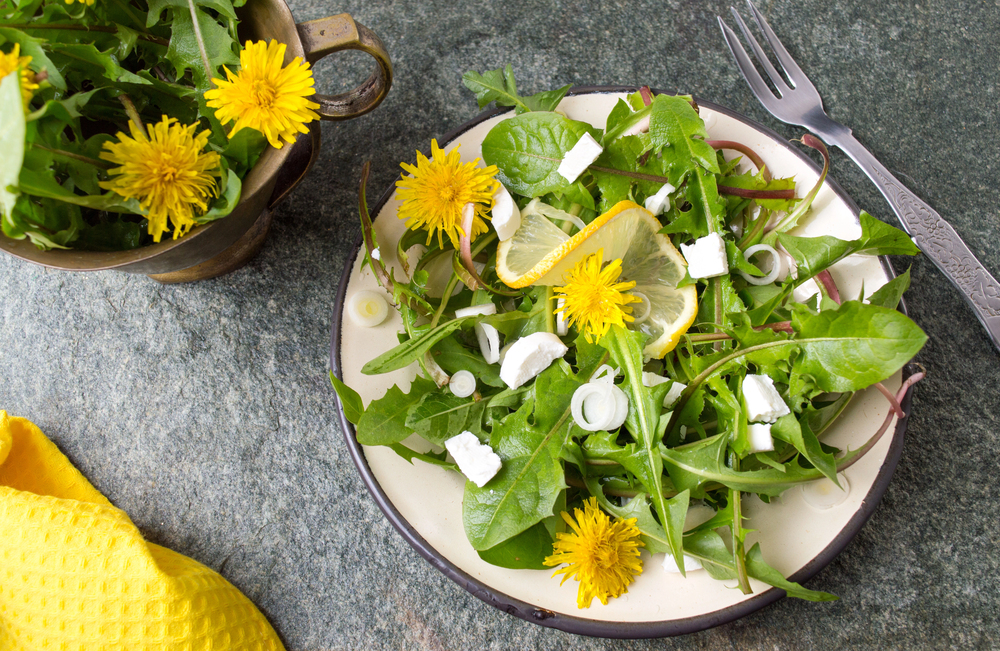
When we think of leafy greens, spinach, kale, and lettuce are usually the first that come to mind. But there’s a whole world of lesser-known greens that pack an impressive nutritional punch. Read More.
5 Trader Joe’s Treats to Buy and 5 to Avoid
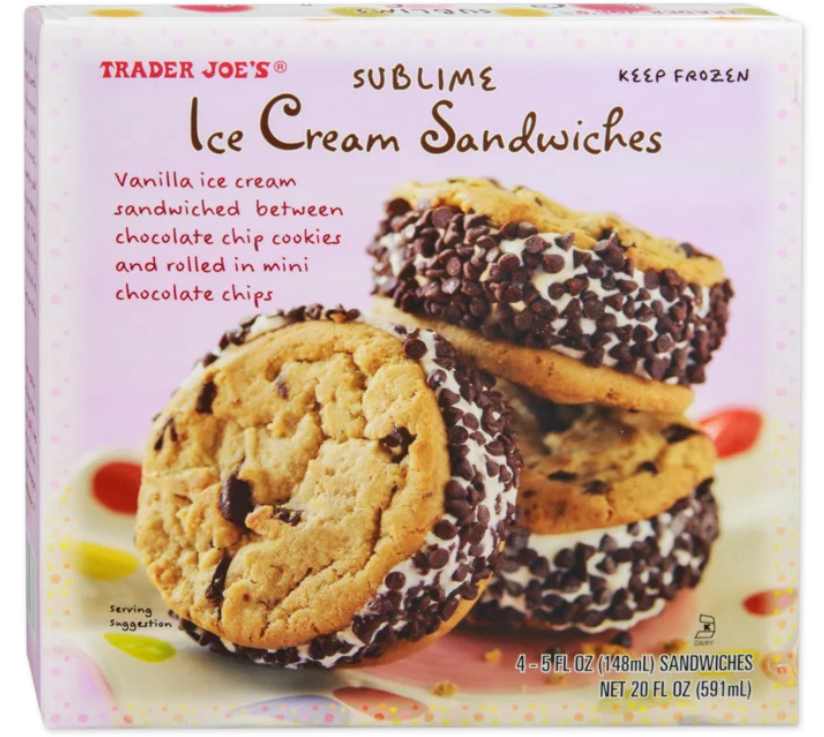
Navigating the aisles of Trader Joe’s can feel like a treasure hunt, filled with delightful surprises and the occasional misfire. With so many tempting treats to choose from, it’s easy to fill your cart with both hits and misses. Read More.
15 Iconic ’80s Snacks You’ll Love Rediscovering
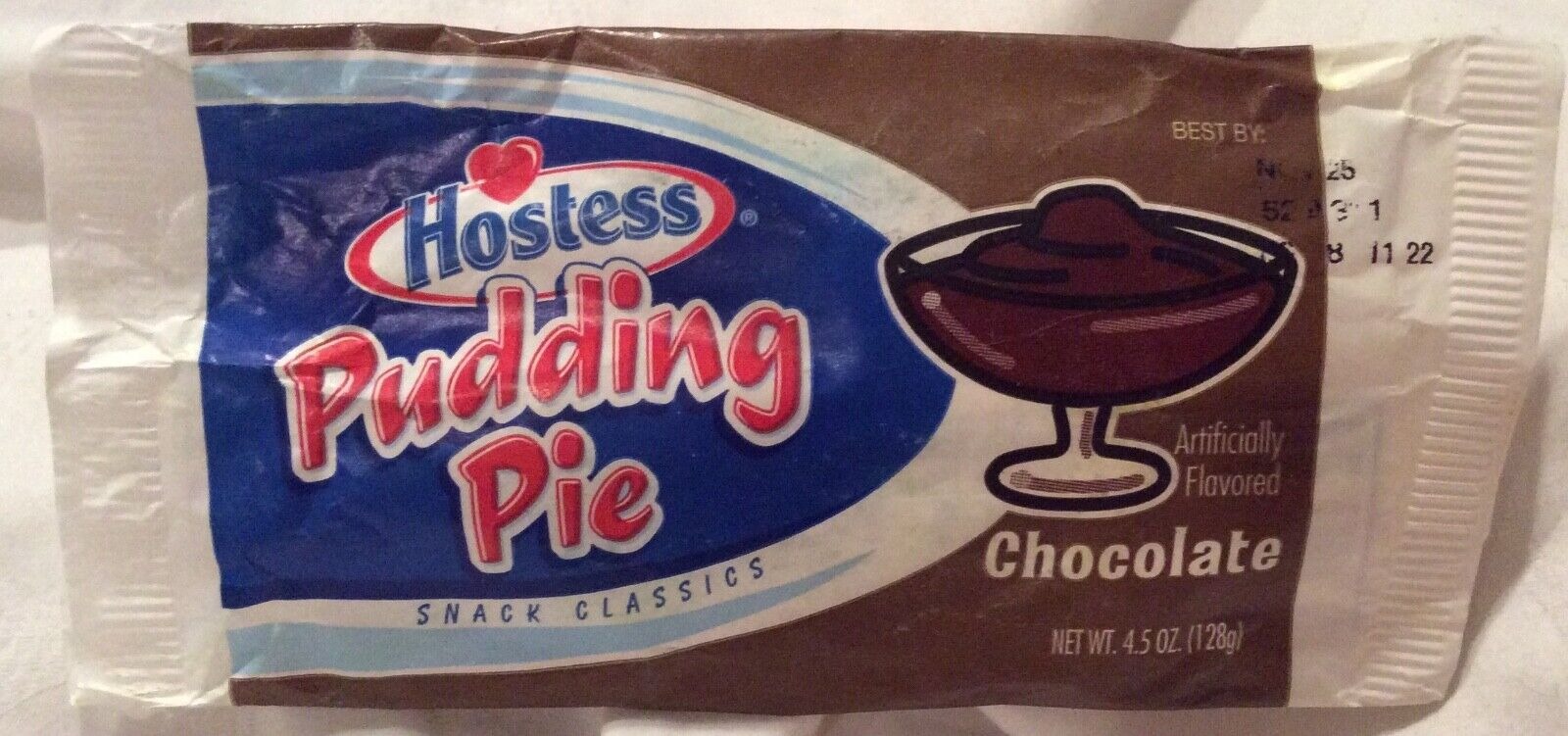
The ’80s were a special time, especially when it came to snacks. Back then, the shelves were stocked with treats that brought pure joy to every lunchbox and after-school hangout. Whether you were reaching for something cheesy, sweet, or a fizzy drink, there was always something exciting to munch on. Read More.






